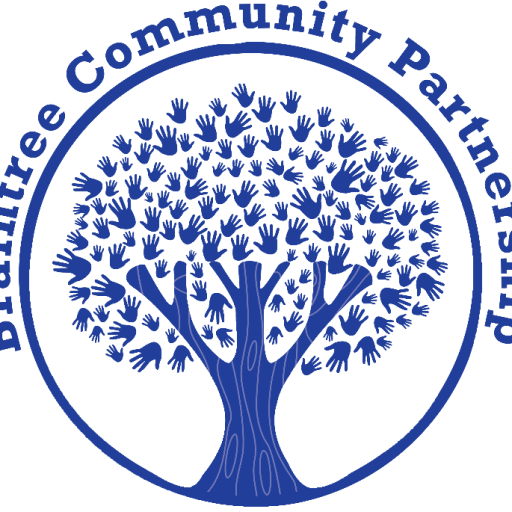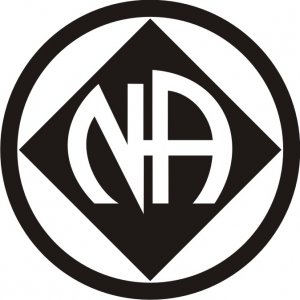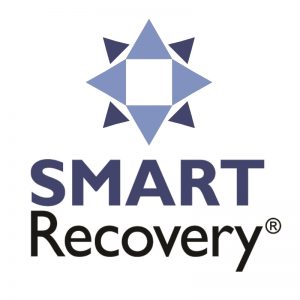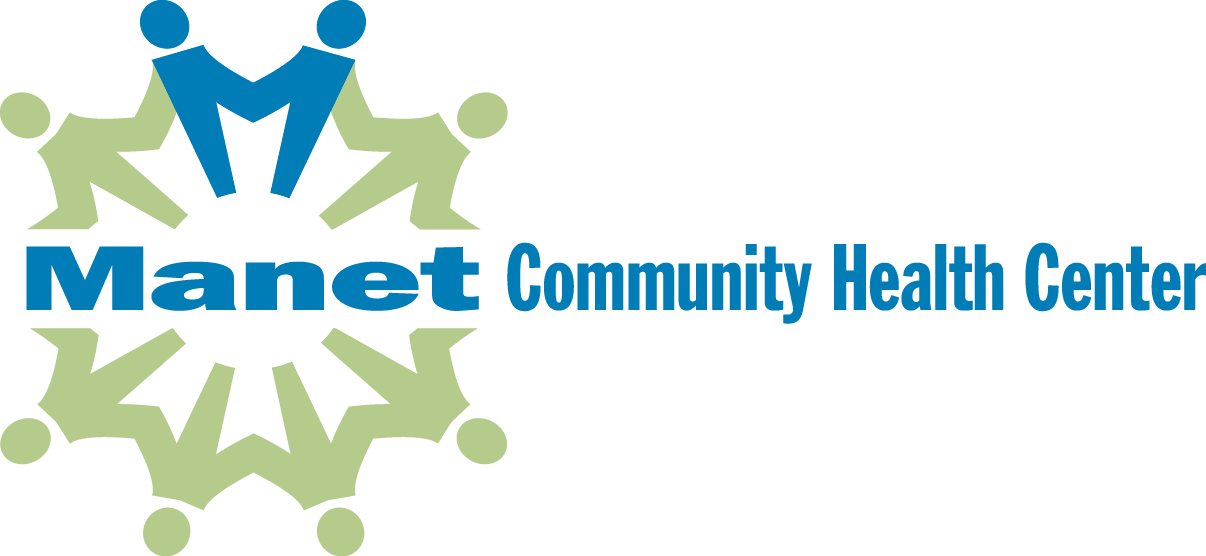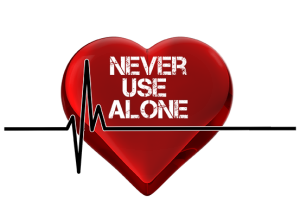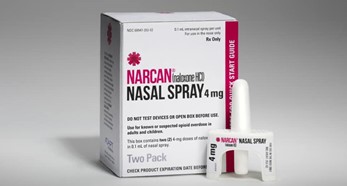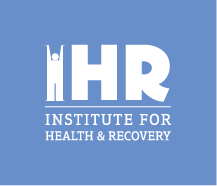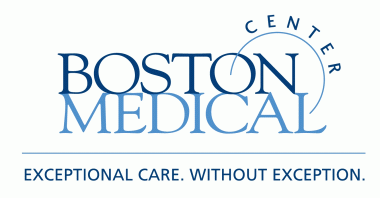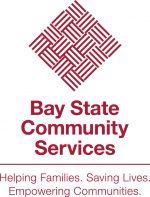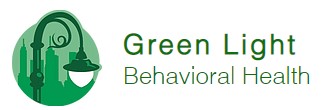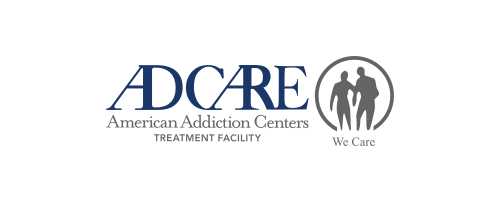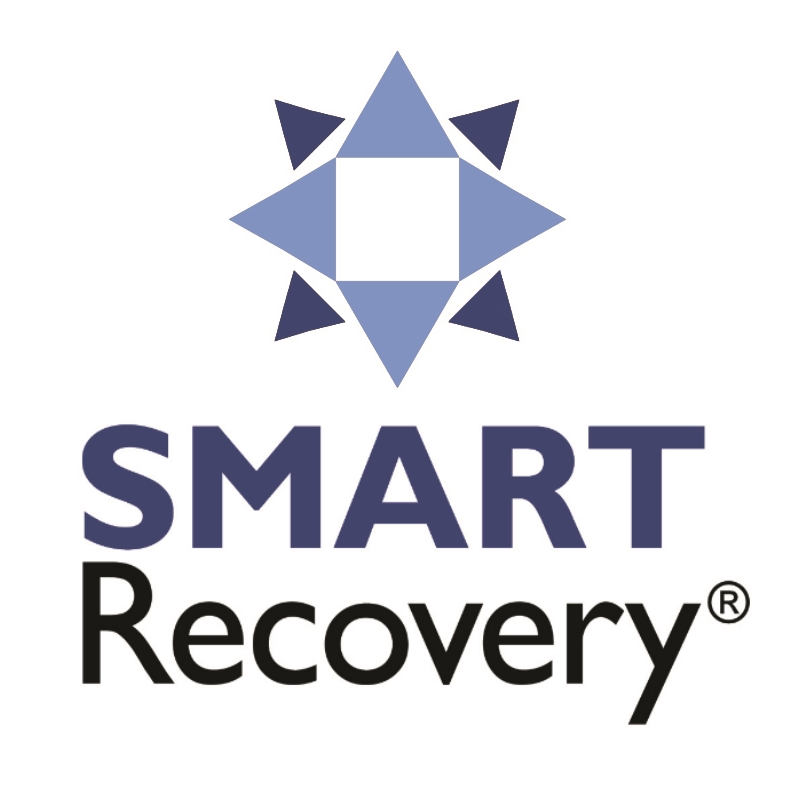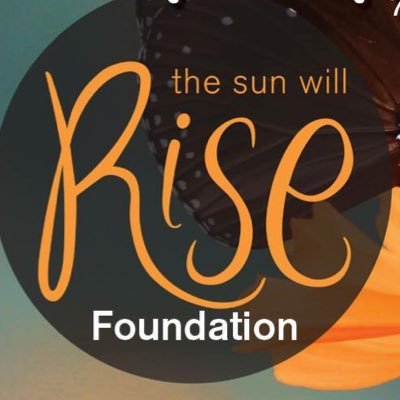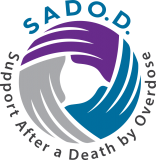Resources
Substance Use
Substance Use Disorder Resources
The Massachusetts Substance Use Helpline
Available 24 hours a day/7 days a week
Language interpreters are always available
The Helpline is a free and confidential service for finding substance use treatment, recovery, and problem gambling services.
Diagnosis and Outpatient Treatment for Substance Use Disorder
Grayken Center for Treatment – Bridge Program
South Shore Health
797 Main Street
Weymouth, MA
https://www.southshorehealth.org/
Walk in hours 7:30am to 4pm Monday Through Friday
Best to call ahead for an appointment
The Bridge Program offers initial diagnosis and medicine for treatment of substance use disorders for individuals 18+. Services include care plan development, individual therapy, and referrals to community-based resources that support individuals with substance use disorders. Not a detox.
Support Groups for Individuals with Substance Use Disorder
Alcoholics Anonymous
AA serves as a source of personal experience and provides an ongoing support system for persons in recovery. Individuals with substance use disorders (alcohol or other drugs) can attend open AA meetings. Meeting locations and times are listed by city/town on the website.
Narcotics Anonymous
NA offers help from peers and an ongoing support network for those who wish to pursue and maintain a drug-free lifestyle. The website includes a meeting search by state and town.
SMART Recovery – Self Management for Addiction Recovery
SMART Recovery sponsors group meetings, daily online meetings, online message board, and a 24/7 chat room for individuals seeking addiction recovery support. The SMART Recovery 4-Point Program® helps people recover from all types of addiction and addictive behaviors. The website includes a meeting search by state/town
Recovery Centers
Peer to peer recovery centers are safe places for those 18+ (and their family members) in recovery from various types of addictions. They offer education, resources, social events, recreational activities, and various wellness groups. Social and community support help prevent relapse and promote long-term recovery from addiction.
Primary Care and Outpatient Medication Assisted Treatment
Manet Community Health Center
Quincy, Hull, Taunton
The Medication Assisted Treatment (MAT) program
Offers persons with substance use disorder comprehensive services necessary to meet all their health care needs.
Reach Primary Care Providers – 857-403-0815
Prescribe Vivitrol and Suboxone (effective in treating opioid addiction) that alleviate cravings, ease withdrawal symptoms, enabling patients to focus on recovery.
Reach Nurse Case Managers – 857-403-0815
Work with prescribing providers to help manage all aspects of a patient’s health and wellness; including screening for opioids, counseling and education, making follow-up appointments and referrals.
Bay State Community Health Services
Certified Community Behavioral Health Clinic (CCBHC)
1120 Hancock Street
Quincy, Massachusetts 02169
Email: CCBHC@baystatecs.org
CCBHC’s integrated, community-based program provides a comprehensive treatment approach for substance use disorders and mental health issues for adults aged 18 and older, including active-duty military, veterans, and their families. Services include Individual Therapy, Relapse Prevention Support Groups, Medication Management, Nursing Services, Care Coordination, Recovery Coaching and a Structured Outpatient Addiction Program (SOAP).
The SOAP is recommended for people who do not require medically managed detox or people in need of continuing treatment after discharge from an inpatient or residential treatment Program. Hours of operation are Monday-Friday from 1pm to 4:30pm with a minimum attendance of 3 days per week. SOAP is well suited for individuals with co-occurring mental health disorders.
Overdose Prevention and other Harm Reduction Services
Manet Community Health Center
Community Outreach and Prevention Services
549 Washington St
Quincy, MA 02169
Free and confidential services during walk-in hours (Monday – Friday from 12pm – 5pm) or by appointment. Services include Narcan training and distribution; Hepatitis A vaccination; education about and testing for sexually transmitted infection (STI), HIV and Hepatitis C; PrEP/PEP education and harm reduction material distribution. A kiosk is available for safe syringe disposal.
Never Use Alone
Call when using alone – no judgement, shaming or preaching. After getting caller’s first name, exact location and phone #, operators stay on the line and notify Emergency services if caller becomes unresponsive.
Narcan
https://helplinema.org/learn-more/overdose-prevention/
Narcan is used in people of all ages if opioid overdose happens or has possibly happened. Narcan is usually given by a caregiver or loved one if they think opioid overdose has occurred.
After Narcan has been given, 911 or your local emergency number should be called right away. Administering Narcan is not a substitute for emergency medical care for opioid overdose.
Keeping naloxone in your home and/or carrying it with you can save a life.
Here’s how you can get naloxone:
- Go to a pharmacy that has a “Narcan standing order” and request a Narcan kit. These pharmacies can provide a Narcan kit without a prescription. All Walgreens and most CVS pharmacies in Massachusetts have standing orders. The cost for a two-dose kit ranges from $30 to $50. MassHealth and some other insurance providers will cover Narcan so that you can get it free at a pharmacy.
- Go to an overdose prevention training where Narcan is provided for free. Call the Helpline at 800.327.5050 or search for training providers.
- If you are actively using opioids, visit one of the Overdose Education and Naloxone Distribution sites across MA to get free Naloxone.
- Family members and loved ones of someone using opioids can get Naloxone and overdose rescue training through the Learn to Cope support meetings.
- Get a prescription from your doctor. Most pharmacies can fill Narcan prescriptions.
- Call our Helpline Specialists at 800.327.5050 with any questions.
Adolescent Services
The Addiction Recovery Management Service (ARMS)
The Addiction Recovery Management Services (ARMS) provides rapid access to information and support combined with outreach and care management for youth ages 15 – 25 and their families suffering from substance-related problems.
ARMS supplements the traditional inpatient and outpatient continuum and bridges the gaps in disjointed systems of treatment with leading expertise and high quality care management.
Building on the Massachusetts General Hospital (MGH) medical, clinical, and addiction research resources within the MGH Center for Addiction Medicine, ARMS facilitates comprehensive, research-informed, care maximizing the chances for youth recovery.
Adolescent Substance Abuse Program (ASAP)
Boston Children’s Hospital
Fegan Building, 10th Floor
300 Longwood Avenue
Boston, MA 02115
617-355-2727
The Adolescent Substance Abuse Program (ASAP) at Boston Children’s Hospital provides national leadership in the identification, diagnosis and treatment of substance use and disorders in children and adolescents. ASAP clinicians are uniquely qualified to evaluate and support adolescents with a full range of substance use problems and disorders, from teens who have just begun using substances to those struggling with addiction, and their families.
Institute for Health and Recovery
IHR offers behavioral health services for youth, and families struggling with substance use or mental health issues.
The Youth and Young Adults programs facilitate access to a range of services for Massachusetts youth with substance use issues, including residential and outpatient treatment. Access Coordinators orient parents and professionals to care services, conduct phone assessments, make referrals to residential or outpatient treatment, work closely with referral sources, and provide support to youth and their families throughout the process.
CATALYST Clinic
Boston Medical Center
The Boston Medical Center, the Center for Addiction Treatment for AdoLescent/Young adults who use SubsTances (CATALYST) program helps teens and young adults who are struggling with addiction. The clinic provides access to a wide range of services including primary care, behavioral health, and support resources for patients up to age 25 and their families.
Bay State Community Services – Quincy
Provides community based outpatient treatment for all ages. The Intensive Recovery Program for adolescents operates M/W/F from 3pm to 5pm for 4 weeks.
Green Light Behavioral Health
www.greenlightbehavioralhealth.com
Green Light Behavioral Health of Hingham offers a full range of behavioral health services, with a specialty in medication management and individual psychotherapy. Counseling and medication management services are provided for children, adolescents and families.
Family Support and Advocacy
Learn to Cope
Support Groups
www.learn2cope.org
Learn to Cope is a non-profit support network that offers education, resources, peer support and hope for parents and family members coping with a loved one addicted to opiates or other drugs. Weekly meetings offer peer-support, education, resources and HOPE for families dealing with addiction and recovery. Meetings provide a safe place for members to share their experiences, ask questions, learn about addiction and listen to guest speakers. Narcan training is available at all meetings. Treatment resources, meeting chapters, locations and times are available on the website.
Al-Anon Family Groups
Al-anon, (adult support) and Alateen (teen support) groups focus on coping with the effects of a family member or friends’ substance use. Meeting locations and times are listed by city/town on the website.
AdCare
Family and Friends Meetings
1419 Hancock Street, Quincy
Family Informational & Support Meetings are available at the Quincy outpatient site located at on the first Thursday of the month at 6pm.
SMART Recovery® Family & Friends
https://www.smartrecovery.org/family
SMART Recovery®, an alternative to Al-Anon, offers Family & Friends meetings in an online community. There is no fee to participate, but registration is required. Registration and a schedule of online meetings is available on the website as well as a Family & Friends message board forum and live chat room for additional support.
Massachusetts Organization for Addiction Recovery
https://www.moar-recovery.org/
MOAR’s mission is to organize recovering individuals, families and friends into a collective voice to educate the public about the value of recovery from alcohol and other substances.
Allies in Recovery
Allies in Recovery offers online resources to help family members when a loved one is struggling with drugs and/or alcohol. Allies in Recovery offers free membership for MA residents (enter your ZIP code as the promotional code when registering online).
In addition to eLearning and other online resources, the organization offers CRAFT (Community Reinforcement and Family Training) coaching to reduce substance use, get your loved one into treatment, and improve your well-being.

Start Your Recovery
https://startyourrecovery.org/about-us
Start Your Recovery provides helpful information for people with substance use disorder, their family members, friends, and co-workers. Start Your Recovery offers a single source of reputable, objective information including signs, symptoms, conditions, treatment options, and resources. Information is presented in a user-friendly format and in language that’s easy to understand. The website offers helpful information about substance use and addiction and can help individuals and families determine next steps.
The Commission on the Status of Grandparents Raising Grandchildren
The Commission is to a resource to the Commonwealth on issues affecting grandparents raising grandchildren, and relatives, other than parents, raising kin. The Commission offers support groups, legal and financial services, tip sheets, helpful links and webinars.
Grief Support Services
The Sun Will Rise Foundation
The Sun Will Rise Foundation offers grief support for loss from overdose or substance use. Grief support is provided through a closed Facebook page and monthly in person (or on-line Zoom) meetings. In person meetings are held in several MA locations including Braintree, Quincy, and Weymouth. Members are treated with care, compassion, understanding and support. Meeting dates, times and Zoom links are listed on the website.
Support After a Death by Overdose
SADOD (pronounced SAD OD) provides online resources, information, and assistance to people throughout MA who have been affected the death of someone they care about from substance-use-related cause. Their focus is on increasing the capacity and effectiveness of peer grief support for bereaved people, frontline care providers, and people in recovery or struggling with drug use. The SADOD website offers an on-line monthly newsletter and a Grief Support Group Directory.
Pain Management Alternatives
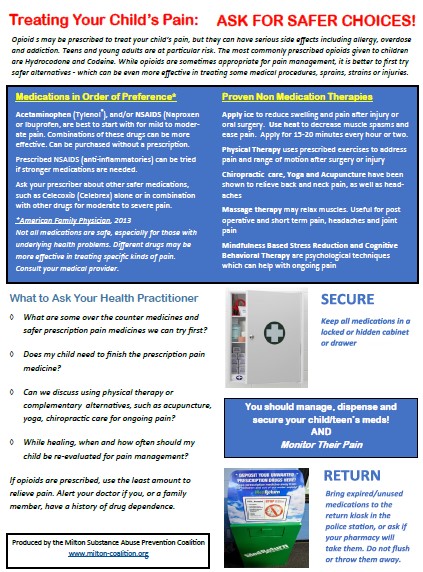
Treating Your Child’s Pain: ASK FOR SAFER CHOICES!
Click for PDF flyer
Let’s work together
We Value Local Resources
The Braintree Community Partnership is committed to connecting residents to local resources. Please check out our help resources and local partners dedicated to supporting wellbeing and substance use recovery. Local providers are welcome to contact us.
